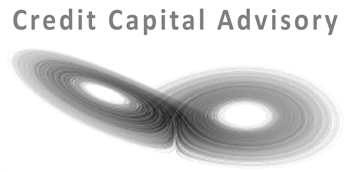Insight into the Impact of Credit Disequilibrium on Financial Markets
The implications of Piketty’s data: monetary policy rather than a global wealth tax is the issue
This post, which is the first in a series of three on Piketty’s Capital in the 21st Century, argues that his assertion we are heading back to pre-WW1 levels of inequality remains speculative and not supported by his data. As Larry Summers critiqued in his review,...
Systemic risk in Canada starts rising as credit bubble comes to an end
With a third of the year already gone, it seemed timely to look at how the credit disequilibrium model has performed to date. The US model continued to signal equities and year to date they have performed better than bonds generating nominal returns of 2.4% versus...
Sweden is not turning Japanese
Paul Krugman in a recent article argued that the rock star of the recovery - Sweden - has turned itself into Japan. The data he cites to back this claim up is deflation and a halt to the falling unemployment rate. This is a major claim to make which seems to be...
The IMF’s curious stance on the impact of inflation on falling interest rates
The IMF has recently produced an interesting paper on the trend in global interest rates over the last 30 years. The paper argues that real interest rates have fallen over the last 30 years in three phases. In the 1980s and early 90s it was due to monetary policy, the...
Why Robert Peston’s argument on “China’s inevitable crash” is flawed
Robert Peston recently made a documentary on why China’s credit binge will lead to another global financial crisis. His thesis is simple. China’s credit growth is excessive and if it continues it will result in an inevitable crash echoing the recent subprime bubble...
2014 Asset Allocation – A Credit Disequilibrium Approach
US market expected to maintain growth in capital values despite negative outlook for equities in other markets 2013 Model Predictions vs Actuals Credit disequilibrium asset allocation modelling proved to be extremely effective in forecasting asset value trajectories...
